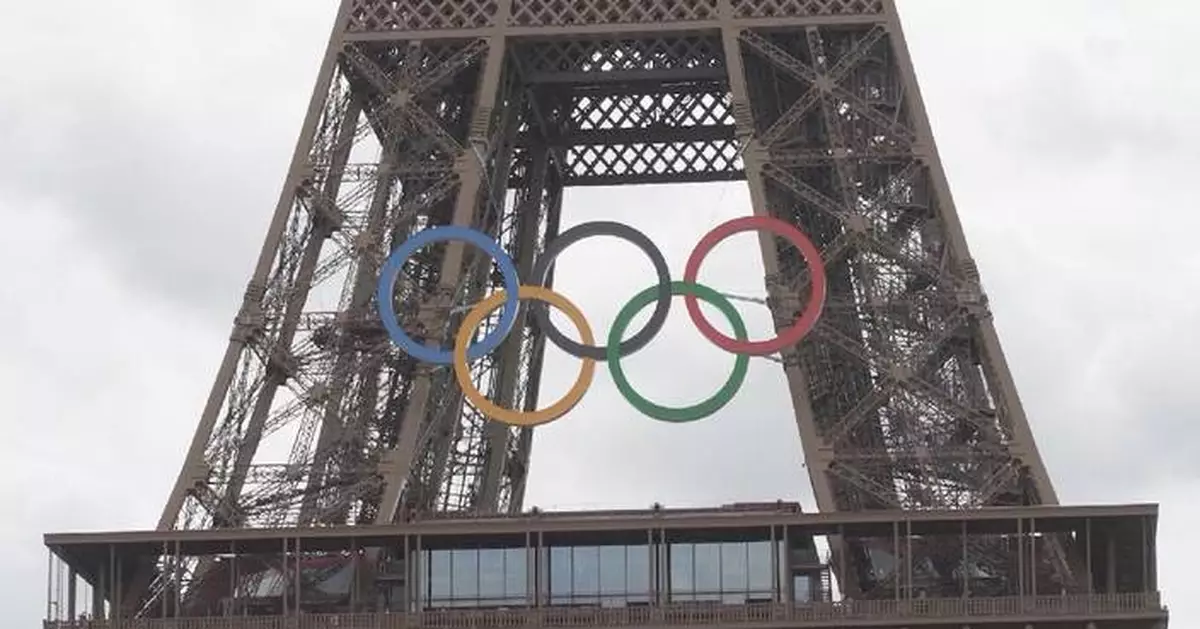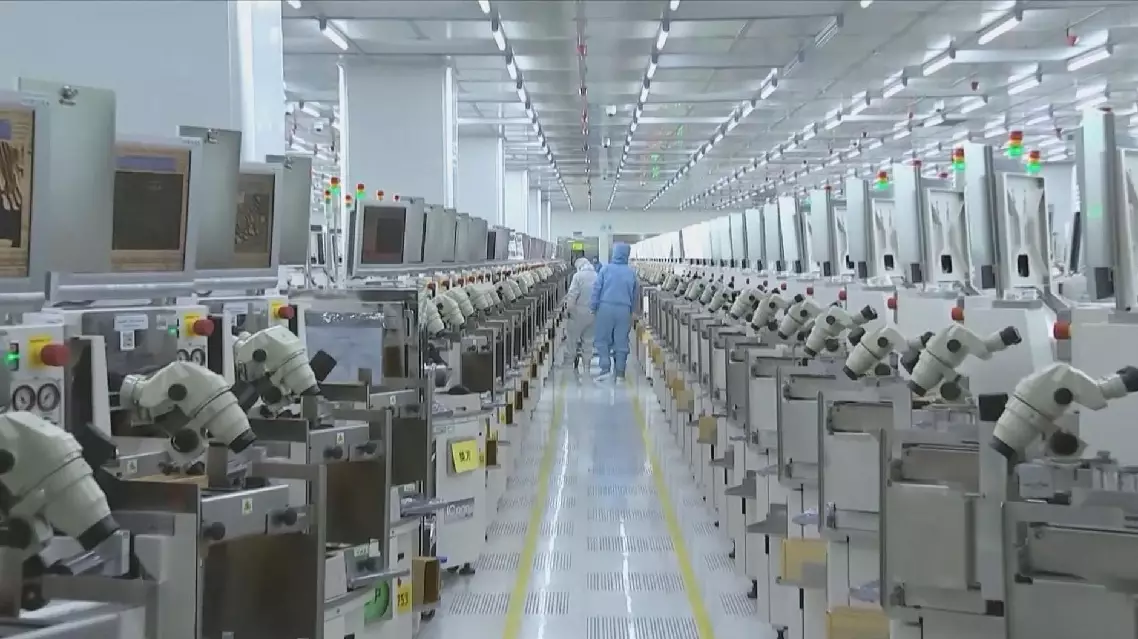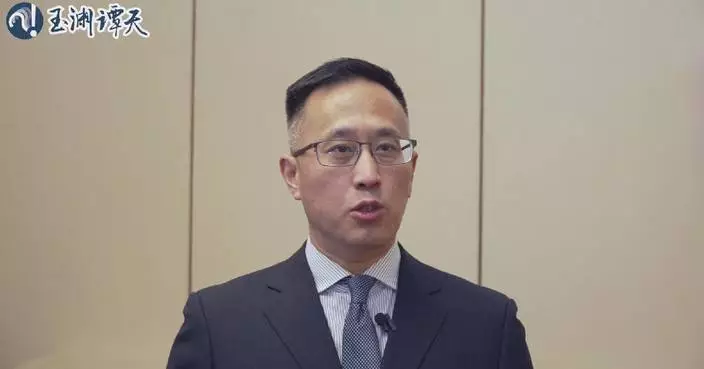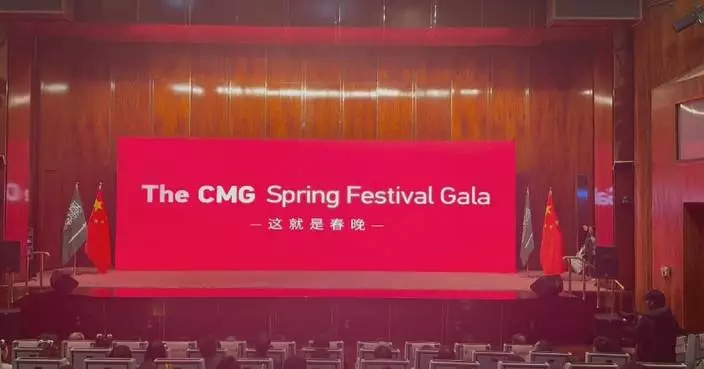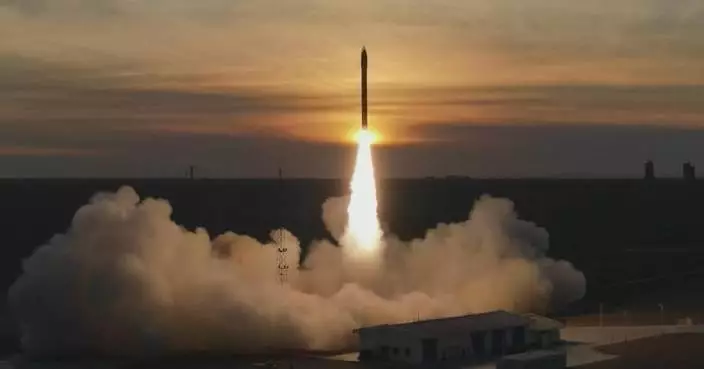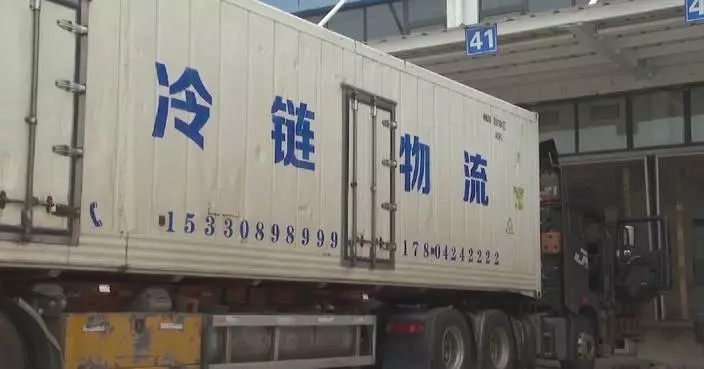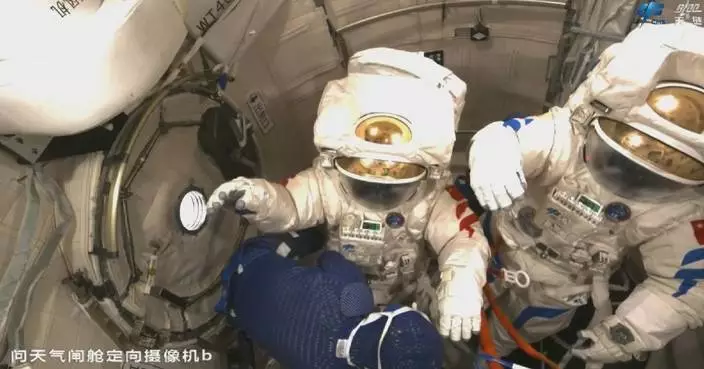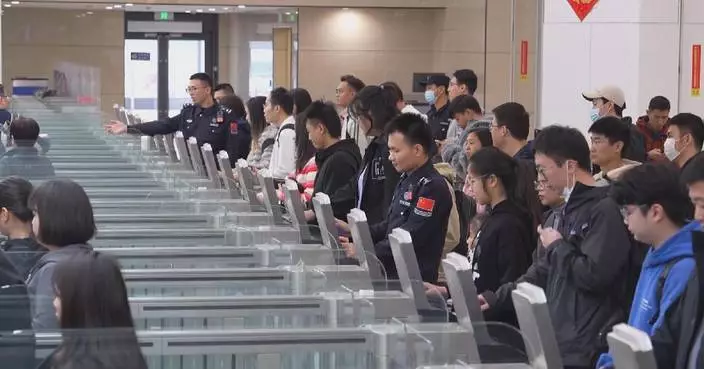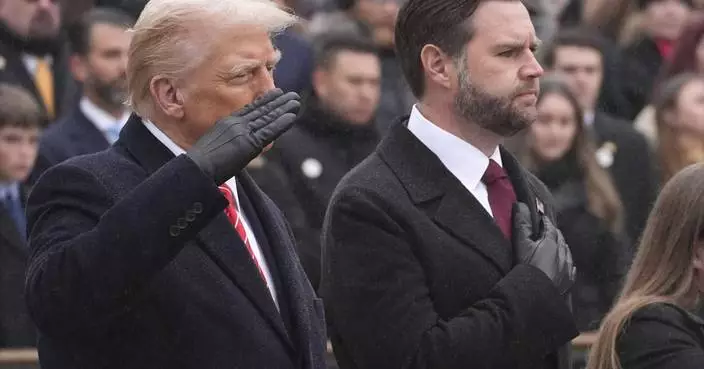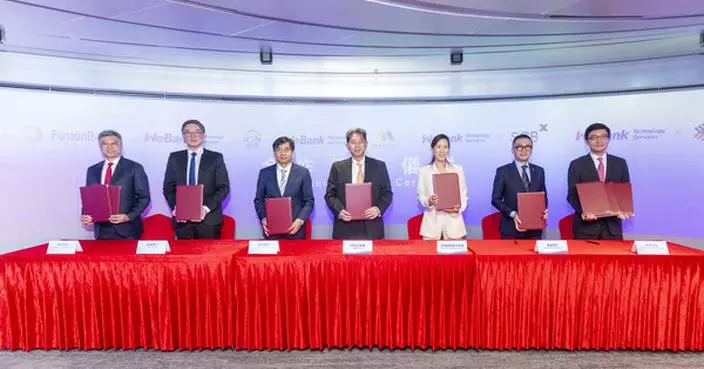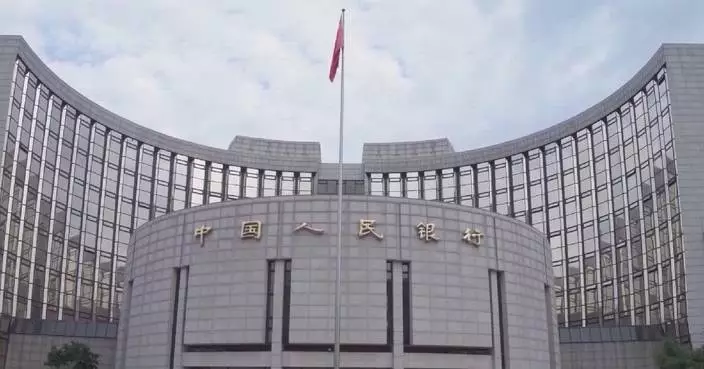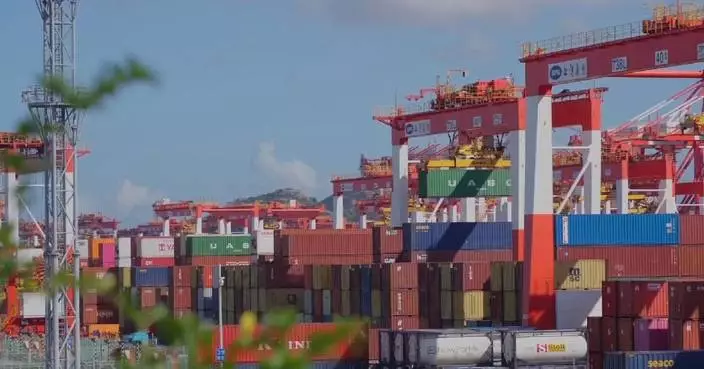Despite being tested more than athletes from other countries, Chinese Olympians' full cooperation with international anti-doping efforts demonstrates that accusations of cheating are little more than a political smear campaign against the backdrop of U.S-China tensions, said a sports scholar.
The most recent data provided on the World Anti-Doping Agency's (WADA) website showed that in its list of the top ten countries with doping violations, China is at the bottom with just 0.2 percent. There were over 19,000 samples collected from Chinese athletes, the largest sampling of all listed countries.
In an exclusive interview with CGTN, Professor Liu Dongfeng, Dean of the Graduate School at Shanghai University of Sport, and Vice President of the International Sports Economists Association, said China's commitment to the fight against doping is evident in the high number of tests conducted on its athletes and their positive response to these measures.
"China's full cooperation with anti-doping efforts can be demonstrated by both the high number of drug tests during the recent Olympic Games as well as the responses of Chinese athletes to these tests. According to World Aquatics, the international governing body for swimming, Chinese swimmers were tested on average 21 times from January 1st to the start of the Paris Games, and in comparison, Australian and American swimmers were tested only four and six times on average, respectively," Liu said.
Last week, Chinese swimmer Pan Zhanle set a new world record as he stormed to victory in the men's 100m freestyle final at the Paris Olympics. The 19-year-old told reporters that he underwent 29 tests in 2023 and 21 tests since May this year, none of which tested positive.
Asked how he managed to achieve such impressive progress, the teenage athlete attributed his improvement in timing during the Olympics to hard work, commitment to clean sport discipline and the support of modern training methods.
Liu pointed out that Pan and other athletes, like butterfly and freestyle swimmer Zhang Yufei, have been active in promoting fair play.
"While in Paris, China was again the most frequently tested team, and the result itself showed high compliance with anti-doping regulations. Chinese athletes have also generally shown positive attitudes toward anti-doping, cooperating fully with testing procedures. For example, notable Chinese athletes, including both Pan Zhanle and Zhang Yufei have publicly endorsed clean sport and anti-doping efforts," said the professor.
The China Anti-Doping Agency (CHINADA) has criticized a New York Times report for politicizing doping issues, claiming it distorted facts and quoted relevant cases out of context. CHINADA and WADA provided detailed explanations following the news report last week that implied a cover-up of the cases.
China's top swimmer Zhang Yufei expressed concerns about potential bias against the Chinese team at the Paris Olympics due to such reports. "I think everyone should start to look at those real facts about the Chinese swimming team without 'colored glasses'," she said.
WADA chief Witold Banka says his organization plans to review the USA's Rodchenkov Anti-Doping Act, which enables US authorities to prosecute individuals involved in international doping fraud conspiracies. In an interview with AFP last month, Banka emphasized that WADA is an independent agency and U.S. can not use it as a tool in geopolitics.
In light of the trend of sports becoming overshadowed by geopolitical rivalry, Liu called for mutual respect and independent governance to mitigate the negative impacts of geopolitical tensions.
"Politicization of sport is not something new and against the backdrop of China-U.S. geopolitical rivalry, Olympic Games has been seen as another platform for some individuals in the U.S. to smear China and contain China's rights. This is a really unfortunate and also explains why the IOC has added a fourth pillar together to its original 'Faster, Higher, Stronger' motto," Liu said, referring to the addition of the word "together" to the motto in 2021.
"While sports can become a platform for geopolitical tensions, there are ways to mitigate this and promote the positive aspects of sports. By focusing on mutual respect, independent governance and the unifying power of sports, it is possible to reduce their negative impact and foster a more cooperative and peaceful international environment," said the professor.
"To the Chinese athletes, they should continue to work hard and concentrate on their performance and continue to win and win respect and friendship by winning more medals. Of course, clean medals," he said.
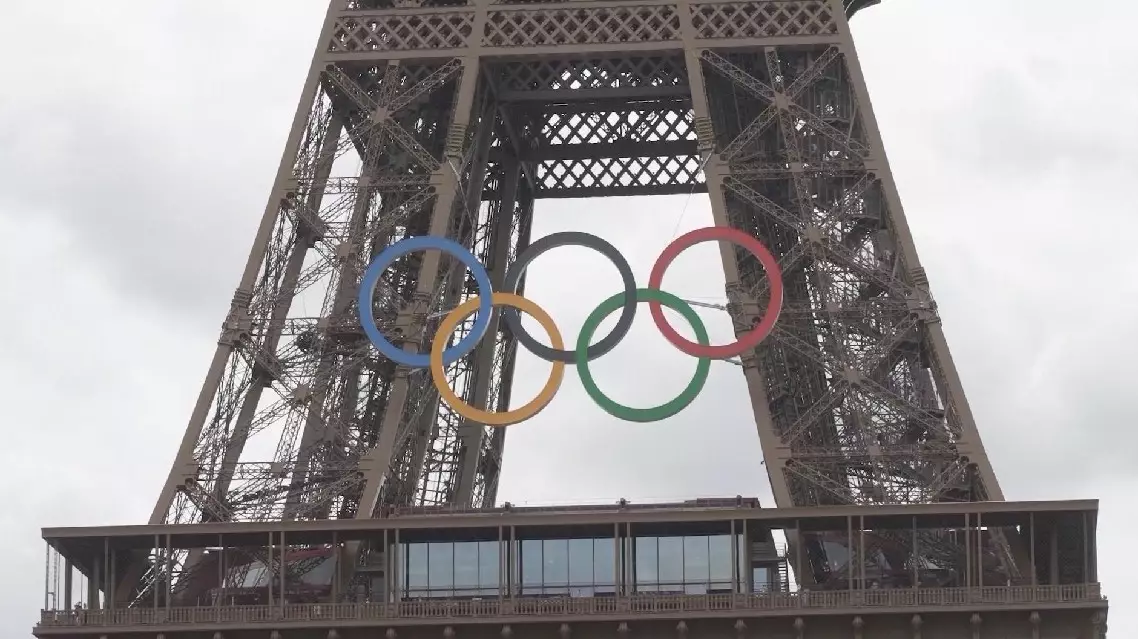
Expert warns against politicization of anti-doping efforts amid China-US geopolitical rivalry
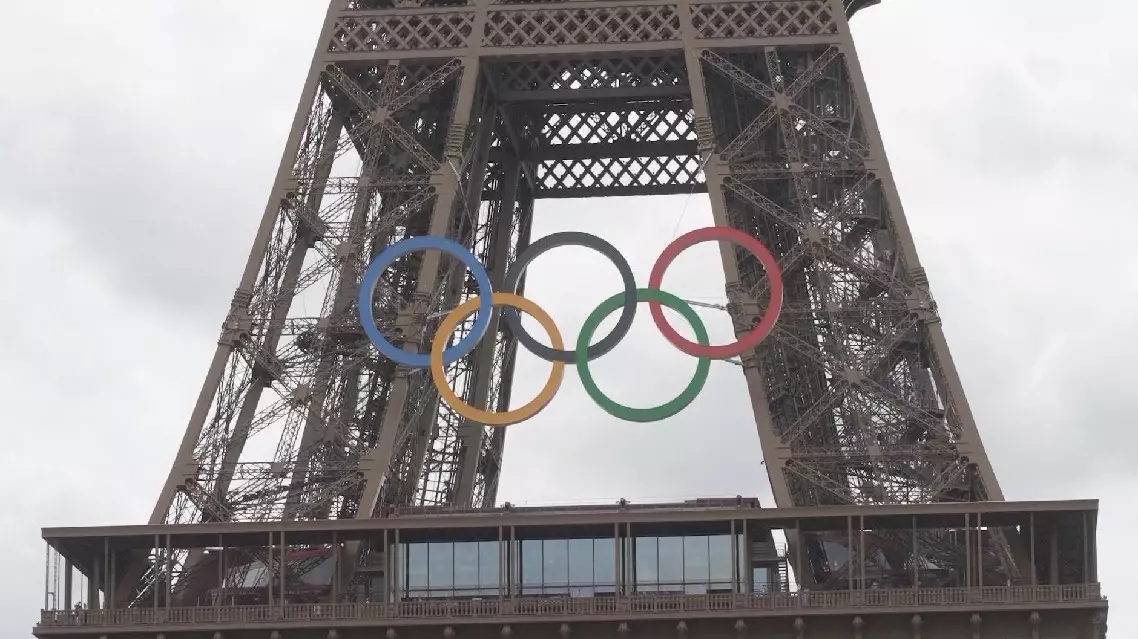
Expert warns against politicization of anti-doping efforts amid China-US geopolitical rivalry


